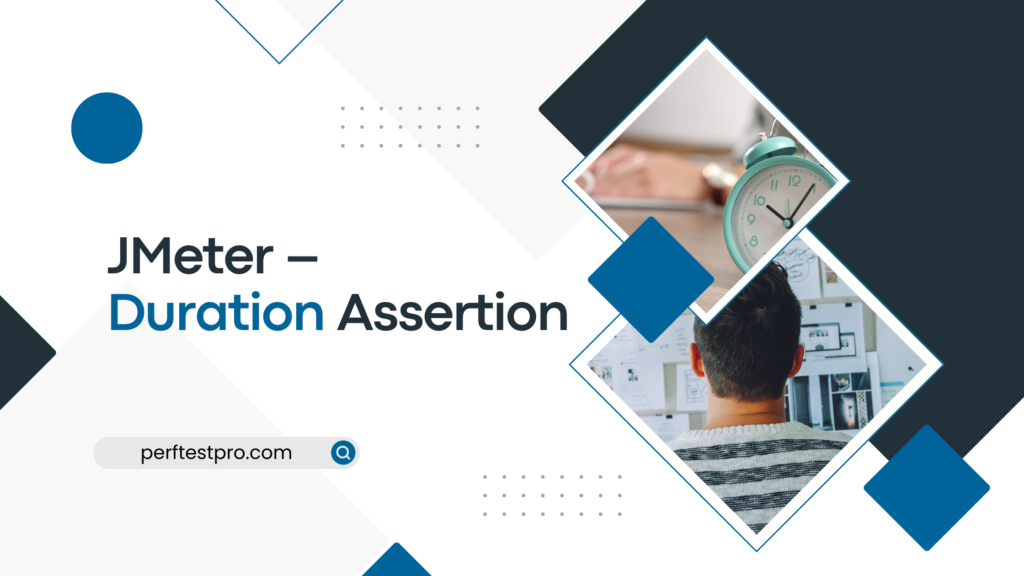XML Schema Assertion
JMeter – XML Schema Assertion According to the previous post, XML Assertion is a generic assertion element that is mainly used to check the XML format of the response. XML schema assertion is used in the JMeter script when we need to validate a certain XML response. With these types of claims, the actual response …







